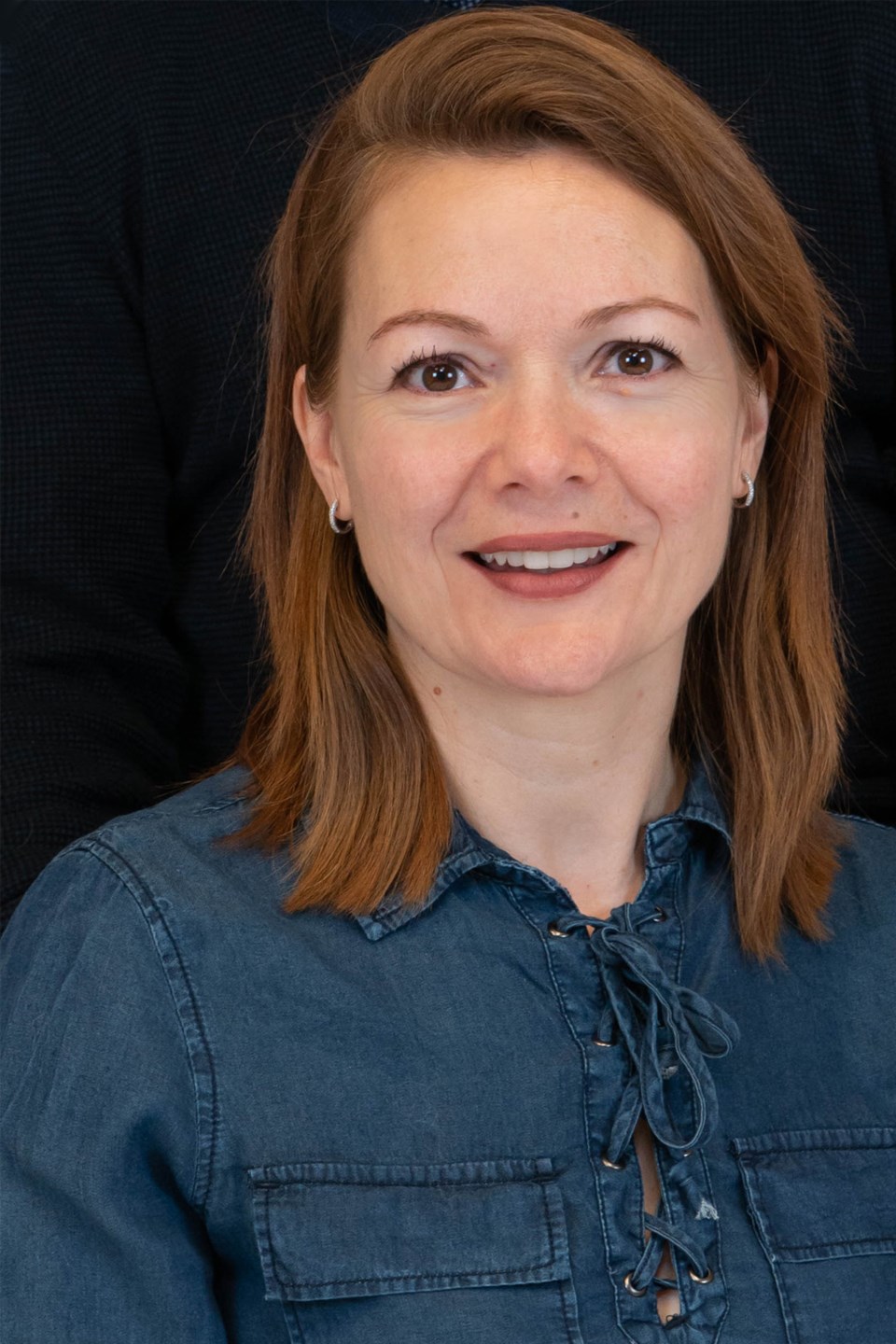Lakehead University will showcase the best of student and faculty research during Research & Innovation Week 2022, March 7 to 11. Daily this week, OrilliaMatters will feature some of the faculty researchers at the university’s Orillia campus.
********************
Lakehead University and Camphill Communities Ontario have teamed up to do qualitative research on the well-being of residents (also known as companions) of the not-for-profit organization.
Located in Angus, Ontario, Camphill provides adult-centered residential programs for people with developmental disabilities. Camphill is home to a biodynamic farm, garden, herbery, bakery, pottery studio, woodworking shop, and performance hall, and offers day programs, arts and crafts, artistic and wellness activities, as well as social and cultural opportunities for residents.
Dr. Sonia Mastrangelo, Associate Professor in the Faculty of Education at Lakehead University and lead researcher on the study, has spent time at Camphill, observing the facilities, engaging the companions, while they are at work or during their own leisure time.
“I was really impressed. I’d heard of the wonderful Camphill program in the past when an adult on the autism spectrum I was working with considered a placement there," said Mastrangelo.
"When you spend time on the property, you get this beautiful feeling of camaraderie. Everyone is smiling; everyone is working the land. It really is a place where they focus on self-determinism and adults have choice as to what their day looks like.”
The study Mastrangelo and her team will be leading looks at a human rights framework where people with disabilities have the right to accessible, appropriate and evidence-based services that enable them to achieve their personal goals and enjoy a good quality of life.
“With our study, what we typically see happening is people in the field do research on individuals with disabilities rather than with them and therefore disempowering starts to happen," Mastrangelo explained.
"Those who are in vulnerable situations, those with disabilities being part of that, almost lose their voice. What we’ve attempted to do is adopt a community-based participatory action research model," said Mastrangelo.
"We looked at what makes an effective partnership between universities and not-for-profits, because that’s really what Camphill is. It’s very different from partnering with a for-profit.”
Companions are going to be heavily invested in the research process to the extent that some of them will be hired to assist in the research project.
“They’ll be co-creators of the research," explained Mastrangelo. "For example, we are putting a documentary together and we are going to invite the companions that are tech-savvy to support the production of the documentary. They’ll be making decisions on what gets screened, what gets included, what the editing process looks like and they’ll be paid out of the grant.”
Mastrangelo and her team will also be conducting video-based observation where they take video footage of the Companions working at different stations and will then conduct video interviews with those Companions.
“We’re going to explore their lived experiences at Camphill and what that looks like. The interviews will include what their roles and responsibilities are, how much choice they have, what their leisure activities are and how much involvement they have with the community," Mastrangelo said.
There are two main goals for the project.
“The big goal is building knowledge and understanding about the well-being of adults with developmental disabilities and figuring out what they need, from both an education and critical disabilities standpoint. The other goal is providing a high-quality research training experience for graduate students, because they’ll be involved in all stages of the research process," she said.
Mastrangelo hopes the Camphill project will become a pilot for how other organizations can draw on some of the strengths of the program.
“What (Camphill) has shared with me is that they get so many phone calls asking how they got started and how others can make this happen in their own communities.”
The team hopes to document outcomes related to both the challenges Camphill experienced as they began to grow, as well as the successes and strengths of the program.
“We hope to mobilize this knowledge to both academic and non-academic audiences, because all too often research happens in a bubble and then it sits on a shelf," said Mastrangelo. "It’s not used. We want other organizations to be able to refer to the Camphill research and therefore we have a wide-reaching dissemination plan. We hope the documentary and the creation of a website does that.”
Mastrangelo’s research is supported in part by funding from the Social Sciences and Humanities Research Council (SSHRC).
